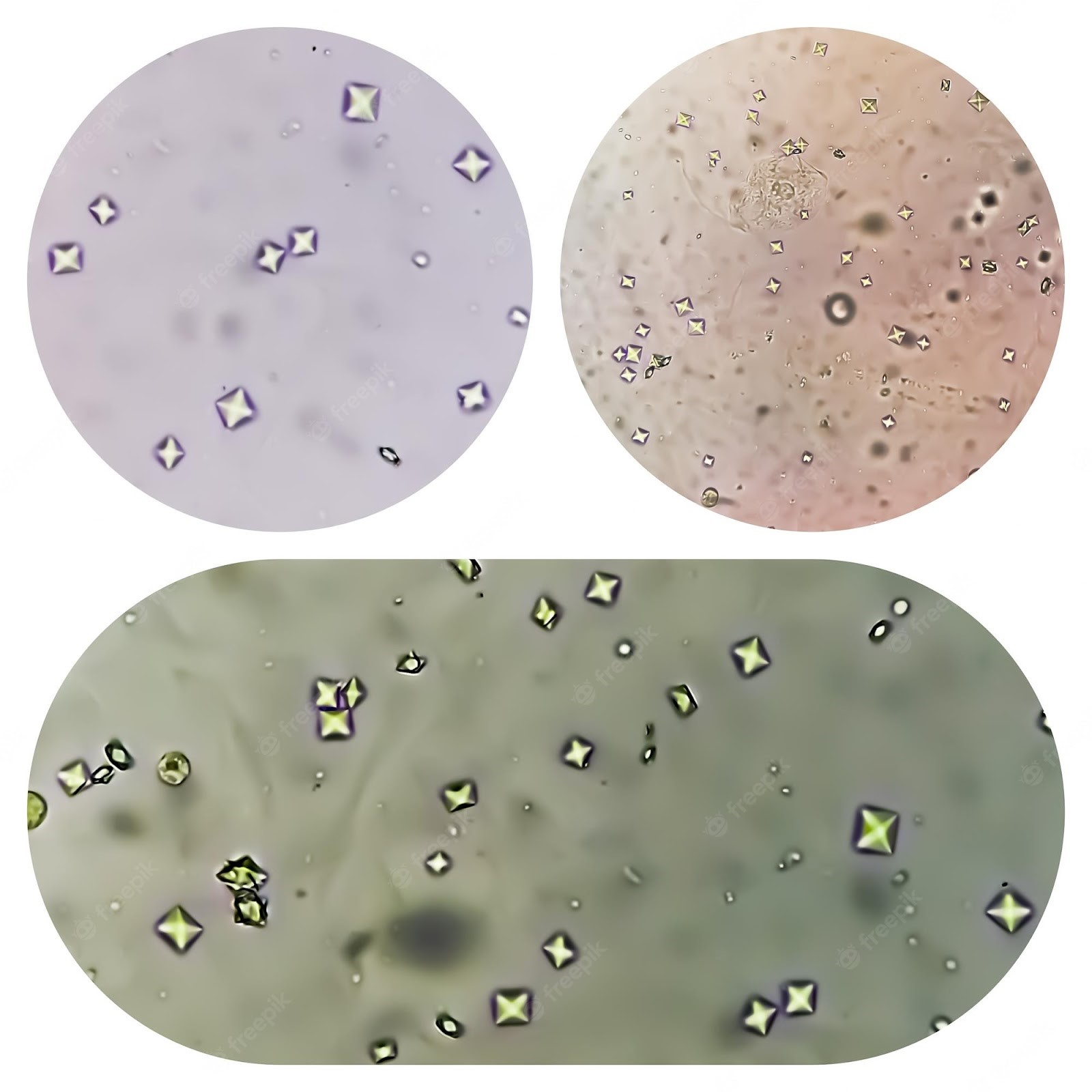If you have never heard of Azoospermia before, that’s probably because it is not something with which many men willingly come into contact. It refers to the condition in which a man has no sperm in his semen.
As such, the condition can be horrifically frustrating for affected men who want to start a family. But what are the possible causes and treatment options? Thankfully, there are ways to tackle the problem head on and as long as you catch it early enough and in an isolated case, it should not be an issue that impedes your ability to conceive and grow a family later on.
Dr. Mohit Saraogi, from Saraogi hospital which is one of the best IVF centre in Mumbai will explain about azoospermia and its treatment in this article.
Read on to find out more…
What is Azoospermia?
Azoospermia is the medical term for a semen sample that contains no sperm. It can either be primary or secondary and is considered a male fertility disorder. Primary Azoospermia occurs when a man has never produced sperm. This is a problem in the man’s testicles, with no apparent cause.
Azoospermia can also be the result of a condition affecting the male reproductive system. This is referred to as secondary azoospermia and could be caused by a range of factors including infection, injury or surgery to the scrotum and genetic or hormonal conditions.
Why is there no sperm in semen?
There are many different causes of a lack of sperm in semen. These range from anatomical issues to hormone problems and even infections and diseases.
Let’s have a quick look at some of the most common reasons for azoospermia:
Infection or inflammation of the testicles:
This is a painless condition where the scrotum becomes inflamed and infected. It is easily treatable and does not cause infertility, but there is a risk it could return later on. There are many different types of infection that could cause this. It is best to see an urologist if you suspect this is the case.
Damage to the testicles:
An injury to the testicles could mean that sperm production comes to a halt. Depending on the severity, it may be possible to recover, but in some cases, treatment with hormone therapy can assist with sperm production.
Hormonal issues:
There are many hormones that are necessary for the development of sperm. If any of these are too low or too high, it can cause a lack of sperm in semen.
If you have any of these issues and want to get a check up then you find the best IVF hospitals in India by clicking here.
Possible causes of azoospermia
As we have seen, there are many possible causes of a lack of sperm in semen.
Here are some of the most common:
- Varicocele: This is a swelling of the veins in the scrotum that usually grows on the left side. Varicoceles are usually painless and not serious, but they can affect sperm quality and quantity. Surgery can be used to correct a varicocele and improve sperm production.
- Infections: Infections such as gonorrhea, chlamydia and certain STDs can cause temporary or permanent damage to the testes and reduce or eliminate sperm production.
- Hormonal problems: Conditions such as Klinefelter’s syndrome, cystic fibrosis and mumps can cause hormone levels to be unbalanced. This could lead to a lack of sperm in semen.
- Radiation: Radiation has many uses in medicine, but it can also affect the ability to produce sperm. This is particularly the case if the testicles are exposed to the radiation.
Treatment Options
Fortunately, azoospermia has a high success rate when it comes to treatment. Depending on the cause, different treatments may be recommended.
Here are some of the options:
- Hormone therapy: This could be necessary if there are hormonal issues that are causing a lack of sperm in semen.
- Surgery: In some cases, surgery may be needed to correct an anatomical issue. This is particularly true if there is a varicocele or if the testicles have been damaged.
- Alternative treatments: There are many natural supplements that could be helpful. These include zinc, vitamin B12, folic acid, vitamin C and Coenzyme Q10.
Conclusion
The most important thing to remember when dealing with azoospermia is not to panic. There are many possible causes and in many cases, it can be treated.
Remember to focus on positive outcomes and work with your doctor to find the best treatment plan for you, says Dr. Mohit Saraogi, from Saraogi hospitals which is one of the best IVF centre in Mumbai.
Read also : ibomma

